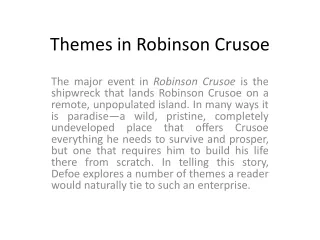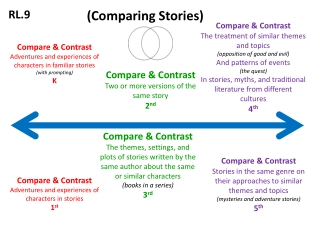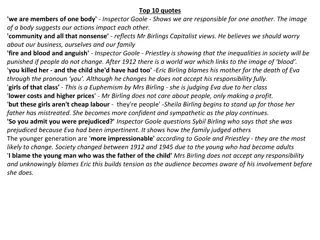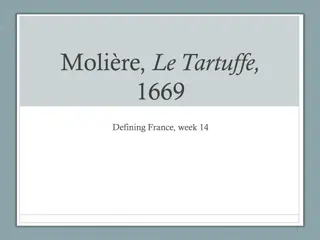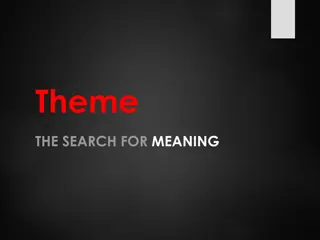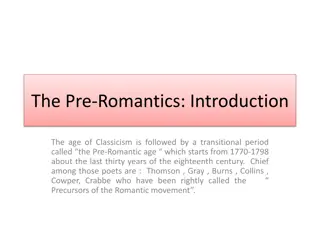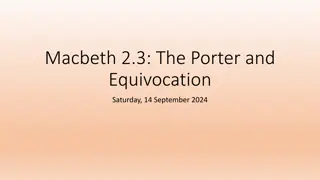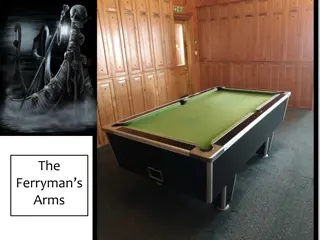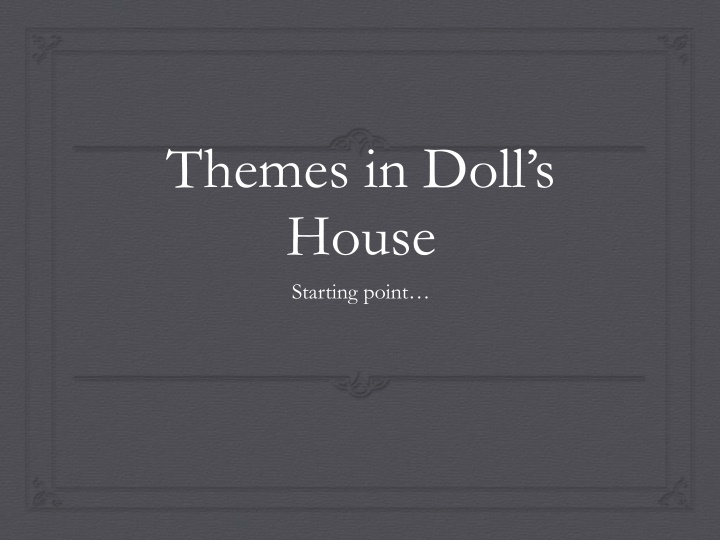
Exploring Themes in A Doll's House: Individuality, Heredity, Disease, Death, and Finance
Delve into the thought-provoking themes of individuality, heredity, disease, death, and finance in Henrik Ibsen's play "A Doll's House." Witness the characters' struggles with societal expectations, inherited traits, physical and moral ailments, mortality, and financial complexities. Uncover the philosophical implications and dramatic symbolism intertwined in this iconic work.
Download Presentation

Please find below an Image/Link to download the presentation.
The content on the website is provided AS IS for your information and personal use only. It may not be sold, licensed, or shared on other websites without obtaining consent from the author. If you encounter any issues during the download, it is possible that the publisher has removed the file from their server.
You are allowed to download the files provided on this website for personal or commercial use, subject to the condition that they are used lawfully. All files are the property of their respective owners.
The content on the website is provided AS IS for your information and personal use only. It may not be sold, licensed, or shared on other websites without obtaining consent from the author.
E N D
Presentation Transcript
Themes in Dolls House Starting point
The Individual and Society I am first and foremost a human being or at least I must become one Nora Act 3 p100 Said in response to Helmer s comments about being a mother Ties into philosophy of Kiergegaard existentialism refuting the idea of pre-determined roles in life. Authentic lives constructed by choices in life Seems to show Nora s recognition of her life as a doll hitherto Until this point has lived as a construct for Helmer sex and motherhood and shown no interest in the outside world to the extent of her callous dismissal of the other clerks at the bank By Act 3 Nora has realised that any safety offered by Helmer will result in role play and societal conformity She seeks an individual response which is not that expected by society even motherhood is now seen as a role to be played and is rejected by Nora as the mark of the constraints of society.
Heredity: Death and Disease It s in your blood Helmer Act 1 p27 Helmer attributes Nora s wish for money to heredity her father was a notorious spender NB though Nora does spend on luxury, much of the money she craves goes to pay her debt. Helmer is mistaken. Though once a lawyer, Helmer sees criminality as in the blood and denies the idea of self-determination Post Darwin, belief in heredity grew and the transmission of character was seen as an extension of evolution. This is key to Nora s panic at the close of Act 1
Disease Dr. Rank is a victim of true Heredity his syphilis inherited from his father. He seems accepting of his fate: (of his father) a gay young lieutenant Yet is angry at the injustice of hereditary disease: in every family the same merciless law of retribution is at work Rank Act 2 p65 He has avoided marriage to ensure that the hereditary chain is broken. His hereditary illness is physical, not moral. His criticism of Krogstad in Act 1 suggests no hereditary issue. He rejects Mrs Linde s argument that society should try to help such people
Death Rank: No emotion. Possibly a macabre dramatisation of his impending death. rotting up there in the churchyard , the final filthy process both p65, Rank Act 2 Heavily symbolic use of the black crosses and black cigars and the black hat of invisibility Nora threatens suicide and Krogstad is scathing yet blunt: Down in the cold, black water unrecognisable p73 Act 2. All based on reality in terms of suicides. Nothing noble in suicide. Visual symbolism of the bare Christmas tree as death of family life and the past as Nora heads into the New Year.
Finance Torvald likes to live well Nora Act 1 p36 Plot revolves around money a loan and blackmail Society in this play is engaged in making money and processing money with the exception of Rank, who is dying Nora known to be a spendthrift from childhood she is excited at the prospect of huge amounts of money as she explains to Christine She seems proud of her entry into the world of male business (albeit illegally) and boast to Christine throughout Act 1. Helmer associates giving money to Nora with sexual games. Both seem to derive a mutual pleasure from this.
Game play Masquerade: For Helmer a chance to control Nora as his inferior; a symbol of sexual and social superiority to be shown off; An expression of his artistic ability. For Nora An outlet for her panic and emotion; she has an individuals choice over the manner of her dancing. Helmer and Nora as a couple. Mutual attraction is at the root of the names and physical contact seen in Act 1. They both feed a need in the other. Nora is aware of her child-like beauty and the power it affords her (p36, Act 1).
Control Idea: Nora is in control and seeks to exercise control over all other characters in the play. Nora never listens to or attends to the ideas of others She manages this by the range of roles she adopts: As adult woman teasing Rank with the stockings As child-wife in interactions with Helmer As business woman in transaction with Krogstad As wild suicide with Krogstad As cold and independent woman at the end of the play
Control She has plans for her relationship and is aware that as her beauty fades, she may need another lever to maintain control over Helmer Her dancing and flirtatious behaviour keep her at the centre of the marriage despite the lower position of women at the time. She ignores Helmer s work, beyond the financial aspect and views society as faulty if it has rules which she does not adhere to. Since she cannot have any control over society, she ignores it With Christine she is boastful and unsympathetic until Christine offers a challenge: especially since you know so little of the worries and hardships of life Linde Act 1 p33. This causes Nora to tell her story and thus to become the centre of the relationship between the two. She can then refuse to offer Christine a room and maintain her distance.
Control With Rank she is upset that he confesses his love. Why? The focus shifts from her centrality as a story teller to one in which she needs to respond. This he has ruined everything . She has told him much (NB Helmer has never heard of Christine) and used him to play out a fantasy hostess role, based on her womanhood, rather than on Helmer s requirement of childishness.
Children and childhood Nora all but ignores the children. Often they are cut from performance and they have no lines. Children require Nora to serve them and do not allow her to be the centre of the game She comments that she would love to be a child again. This can be seen in her behavior with Helmer she ignores his work and his moralising and gives him the child-wife he requires. In doing so, she ensures that her wishes are catered to and that he seems to be constantly responding to her.
Control Nora s need to be at the centre has positives She has ignored society to establish the loan which has saved Helmer s life She has played a huge role in the happiness of the marriage She will always act on her initiative and ignore the scruples of others Her self-focus has resulted in years of financial hardship and subterfuge while the debt is being cleared. All her life she has made choices and acted in accordance with the outcomes of those choices. An Authentic Existentialist life.

